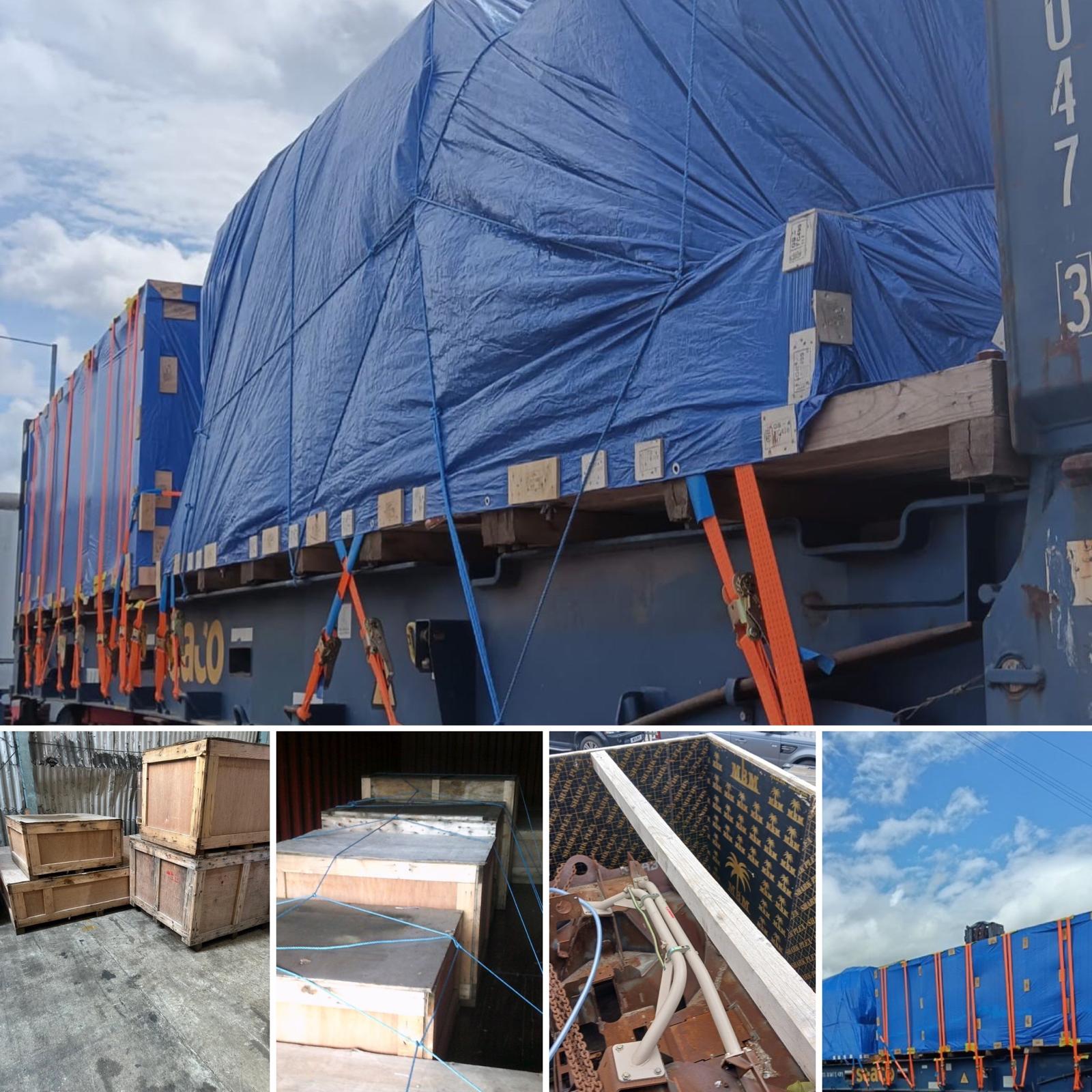Business
AI is already a reality in some areas of freight forwarding. This is what you need to know.
We are taking a look at some of the ways in which AI technologies have already helped streamline the operations of freight forwarders.

In what ways is the freight sector already making use of AI?
The recent news of the UK Government announcing an £8 million fund to help the maritime sector draw upon the benefits of artificial intelligence (AI) might have led you to wonder how, across road, air, and port and harbour freight logistics alike, such technologies are already making a difference in freight forwarding.
So, we decided that for today’s news update at KTL, we would look at just some of the ways in which AI technologies have already helped streamline the operations of freight forwarders.
Generating more accurate quotes for freight
AI has powerful predictive, automative, and analytic capabilities. This, in turn, has aided freight forwarders in coming up with faster and more accurate quotes in response to requests from importers and exporters.
This has been made possible through the automatic analysis of historical and real-time data in relation to fuel costs and traffic conditions.
Optimising route planning to boost cost-effectiveness
One factor that certainly has a major impact on the quote a customer can expect to receive for freight by road, sea, or air, is the exact route that will need to be taken.
Prior to the “AI era”, freight forwarders didn’t have access to today’s potent AI algorithms, which are so effective at analysing vast datasets.
Such technology enables freight forwarders to efficiently predict traffic delays, take account of adverse weather conditions, and balance fuel costs, tolls, and other expenses in order to calculate the most cost-effective routes.
Predicting shipping times with greater accuracy
As a customer of a freight forwarding company, you will appreciate being given reliable and accurate information on when you can expect your shipment to arrive at its destination.
With AI coming to be embedded in freight forwarding to an ever-greater extent, such companies are now better-placed to factor in all relevant data, encompassing the likely route traffic, types of freight, and the complexity of the supply chain.
All of this means that importers and exporters can have greater faith in the shipping window they are given by a freight forwarding company.
Personalising services to improve customer service
The customer service element of freight forwarders’ work has also been greatly optimised with the emergence of the latest AI-powered tools.
Not only does such technology allow for customers to be given real-time updates on their shipments, but information on the customer’s past decisions and requirements can be used to personalise the logistics solutions they receive.
While there has been a tendency to perceive AI as a concept for a fantastical or even apocalyptic future, the reality of this technology’s use across air, road, and port and harbour freight logistics has, so far, been a very practical one.
The optimisation and automation of all manner of tasks associated with freight forwarding has helped to boost the efficiency, accuracy, reliability, and customer service focus of such companies’ operations.
To receive a quote from our own freight forwarders today, please don’t hesitate to contact us.







